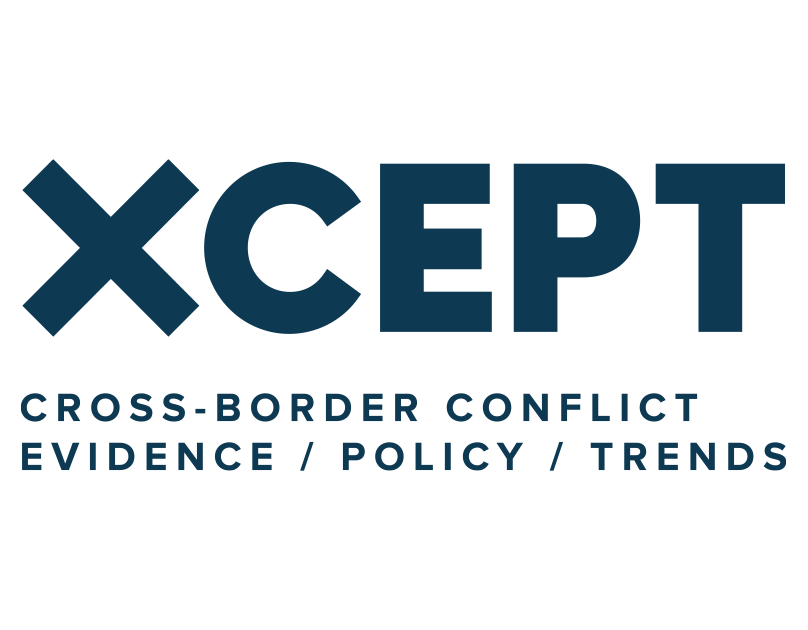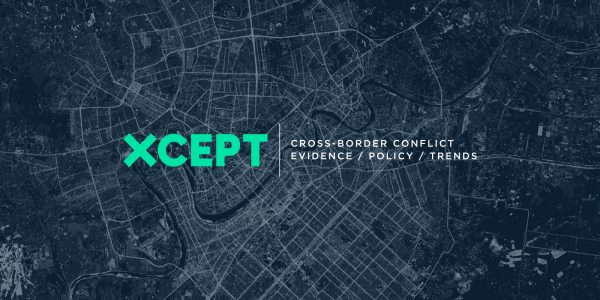The Cross-Border Conflict Evidence, Policy and Trends (XCEPT) research programme at King’s College London is working to understand more about the pathways to violent and peaceful behaviour, as well as the factors that offer resilience and protection against violence and conflict. Our aim is to inform policies and programmes that will support a sustainable peace in conflict and post-conflict settings, by generating insights into what factors drive, and can break, cycles of violence.
Our multidisciplinary team is examining these themes through a number of research strands, exploring competing narratives in memorialisation and heritage restoration; experiences of imprisonment; the motivations of armed actors; a lack of trust in institutions; the role of values and identities in shaping violent and peaceful propensities; memory; mental health; cross-generational trauma; and the impact of trauma and post-traumatic growth.
As part of this research, we are fielding an extensive psychometric survey, the Impact of Trauma Survey (IoTS), in Iraq, Lebanon, and South Sudan. This will explore the role that trauma and mental health – related to conflict exposure, adverse childhood experiences, and other factors – can play in shaping people’s attitudes to violent or peaceful behaviour. Additionally, we are field testing various peacebuilding interventions via randomised control trial studies and intervention tournaments.
To date, we have generated important lessons for policymakers and practitioners on the importance of implementing scalable mental health interventions to break cycles of violence; increasing the visibility of male trauma and its implications in policy and research; balancing heritage restoration with acknowledgement of informal sites and spaces; involving national and local actors in heritage promotion; gathering feedback to ensure that Western peacebuilding language does not alienate or discourage local populations; and navigating sacred values in high level conflict negotiations.
The XCEPT project brings together expert researchers from a variety of backgrounds – including sociology, criminology, political science, history, cognitive science, anthropology, and developmental psychology – to provide a comprehensive picture of the different factors that can work to reduce violence and promote peace. The KCL component of XCEPT is operationally led by the ICSR, but brings together colleagues from the Centre for the Study of Divided Societies (CDS), the Institute for Psychiatry, Psychology & Neuroscience (IoPPN), and the Department of War Studies.




